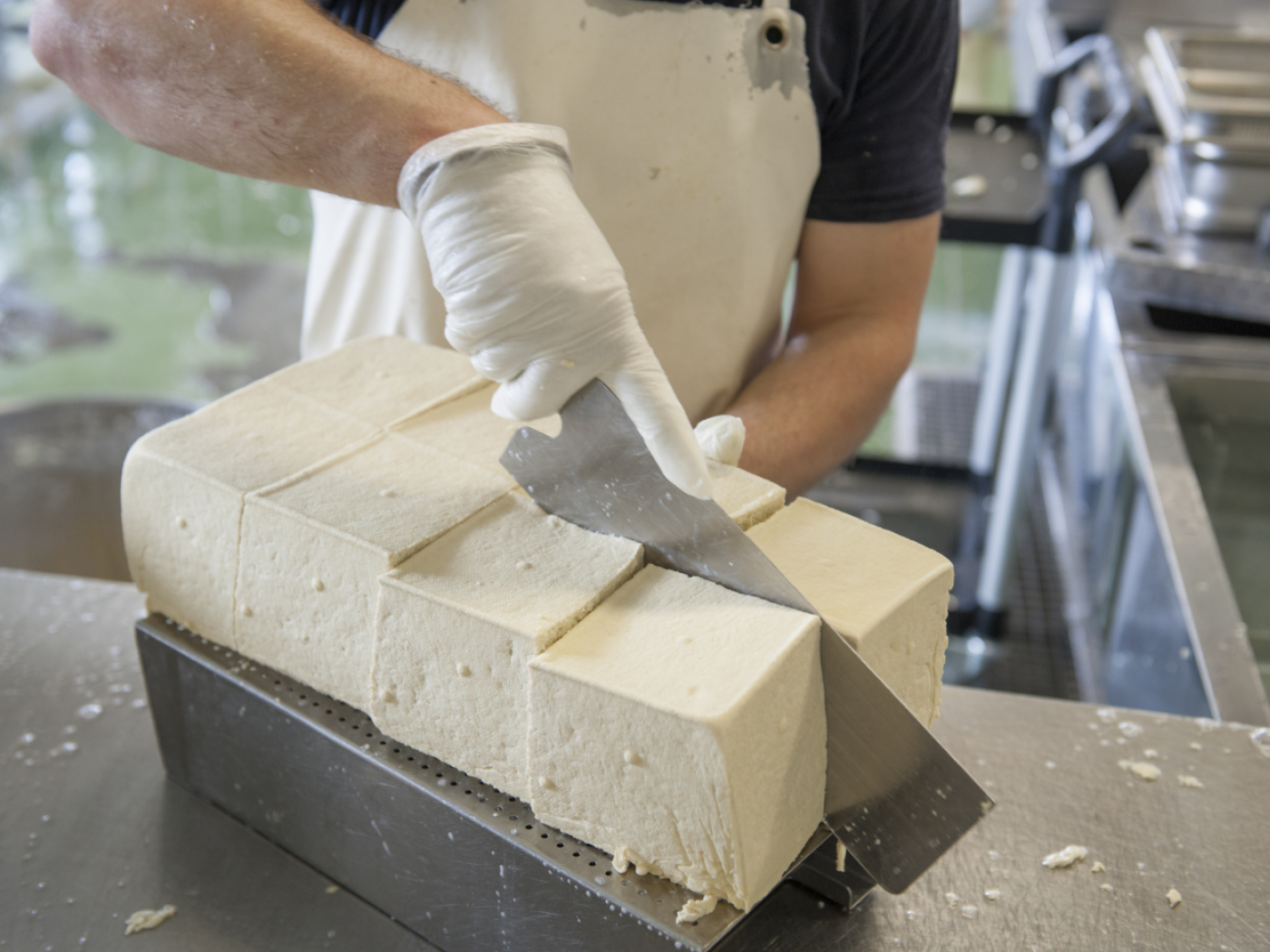
More people giving up meat in Switzerland

The number of people turning away from meat consumption has never been higher, according to the Swissveg association, which promotes plant-based food. It says the number of vegetarians and vegans has risen by around 40% in the last five years.
+ Get the most important news from Switzerland in your inbox
In 2024, only 2.9% of men declared themselves vegetarian, compared with 6.3% of women. The percentage of vegans is 0.5% among men and 0.9% among women, Swissveg reported on Thursday, based on an annual representative survey of over 30,000 people.
However, the number of male vegans has risen considerably, while the number of female vegans has remained relatively stable in recent years, Swissveg notes. “In general, one person in 19 in Switzerland no longer eats meat,” says the association on the eve of World Vegan Day.
More young people
The younger a person is, the more likely they are to avoid consuming animal products, Swissveg points out. In 2024, 8.4% of people aged 14 to 34 were vegetarians. In the 55+ age group, this figure falls to 2.1%. The proportion of vegans in these two groups is 1.3% and 0.2% respectively.
Most vegetarians and vegans are young women: in the 14-34 age group, one in seven women is a vegetarian. A further 1.8% of young women are vegans.
Higher levels of education
The 2024 survey also confirmed that vegetarians and vegans have a higher-than-average level of education. While 39.1% of the Swiss population has a higher education, this figure rises to 54.8% among vegetarians and 54.4% among vegans.
For the first time ever, more than half the population (51.5%) say they eat meat alternatives. Vegetarians consume the most meat substitutes (87.9%).
Milk alternatives
Over a third of the Swiss population buy milk alternatives (36.1%). When it comes to alternatives to yoghurt and curd cheese, the circle of consumers is only slightly smaller (29.7%).
By contrast, only 16.9% of those surveyed buy plant-based alternatives to cheese. All these figures show an upward trend.
Translated from French by DeepL/mga
This news story has been written and carefully fact-checked by an external editorial team. At SWI swissinfo.ch we select the most relevant news for an international audience and use automatic translation tools such as DeepL to translate it into English. Providing you with automatically translated news gives us the time to write more in-depth articles.
If you want to know more about how we work, have a look here, if you want to learn more about how we use technology, click here, and if you have feedback on this news story please write to english@swissinfo.ch.

In compliance with the JTI standards
More: SWI swissinfo.ch certified by the Journalism Trust Initiative

























You can find an overview of ongoing debates with our journalists here . Please join us!
If you want to start a conversation about a topic raised in this article or want to report factual errors, email us at english@swissinfo.ch.